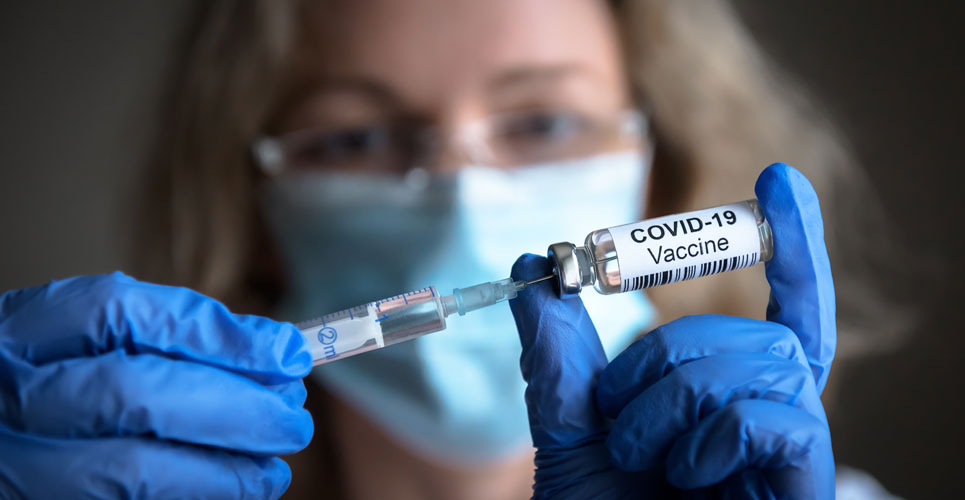A US-based study has found that vaccination against COVID-19 rather than a prior infection, reduces the risk of re-infection.
According to the Office for National Statistics in the UK, over 9 in 10 adults or 93.6% of the adult population, have antibodies against COVID-19. However, whether prior infection confers sufficient immunity to prevent re-infection is still an area of uncertainty. According to the World Health Organisation, all individuals infected with COVID-19 will develop neutralising antibodies within 4 weeks, but the strength and duration of this immune response is uncertain.
In a recent analysis by the Centers for Disease Control and Prevention in the US, researchers sought to try and answer whether vaccination among those with a prior COVID-19 infection, affected the incidence of re-infection. The team used data collected from Kentucky residents during May – June 2021 and considered adults (> 18 years of age) with a COVID-19 infection confirmed by PCR or antigen tests and which was contained in Kentucky’s National Electronic Disease Surveillance System. A case was defined as an individual with a documented, confirmed infection in 2020 and a subsequent positive COVID-19 test during May – June 2021. These individuals were then matched with controls, who were defined as those with a positive infection in 2020 but no subsequent re-infection through to June 2021. In addition, the researchers determined the vaccination status of both case and control individuals, matched by age and sex, from an immunisation register and categorised them as either fully or partially (i.e., a single dose) vaccinated. Using regression analysis, the researchers sought to compare the effect of vaccination on the incidence of re-infection.
Findings
There was a total of 246 case patients (60.6% female) and 492 controls. Among the case patients, 82.9% had been previously re-infection during October – December 2020. Furthermore, 20.3% of case patients compared with 34.3% of controls were fully vaccinated and 6.9% (cases) and 7.9% (controls) had been partially vaccinated. In those with a prior infection but no vaccination, the odds of re-infection was 2.34 times higher (Odds ratio, OR = 2.34, 95% CI 1.58 – 3.47). However, partial vaccination was not significantly associated with an increased risk of re-infection (OR = 1.56, 95% CI 0.81 – 3.01).
The researchers caution any interpretation of the impact of partial vaccination due to the low number (17 cases and 39 controls) of individuals involved. Nonetheless, the noted that while the numbers were small, it was encouraging that the level of re-infection was actually lower in those partially vaccinated. They concluded that their analysis showed that individuals should not rely upon a prior infection as a means of conferring immunity against a subsequent infection and urged all eligible individuals to get vaccinated to reduce their risk of re-infection.
Citation
Cavanaugh AM et al. Reduced risk of reinfection with SARS-COV-2 after COVID-19 vaccination – Kentucky, May – June 2021 CDC 2021

